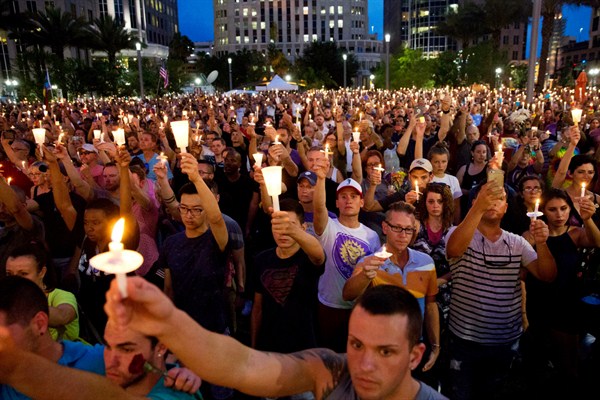A bloody summer, with attacks from Orlando to Nice to Bangladesh, has left many wondering what compels an individual, whether a low-level criminal with a history of domestic violence or a student at an elite private school, to massacre civilians in the name of the so-called Islamic State or another extremist group. Even more confounding is how to stop them.
That question isn’t new, or unique to the rise of the Islamic State. For years, governments, analysts and observers have worked to understand the drivers of radicalization and how best to block the road to extremism, particularly among youth. In the meantime, according to a study by the Soufan Group, an estimated 30,000 people from across the world flocked to join the ranks of the Islamic State by the end of last year; others, either directed or self-elected, have become violent messengers at home.
But the recognition that these attacks have become increasingly random, and that anyone could be a potential perpetrator, has outpaced efforts to counter them. Washington has struggled to develop a strategy to undermine the persuasive messaging and propaganda that extremist groups have so effectively used to sway youth of diverse national and socio-economic backgrounds to die for their purported causes.

